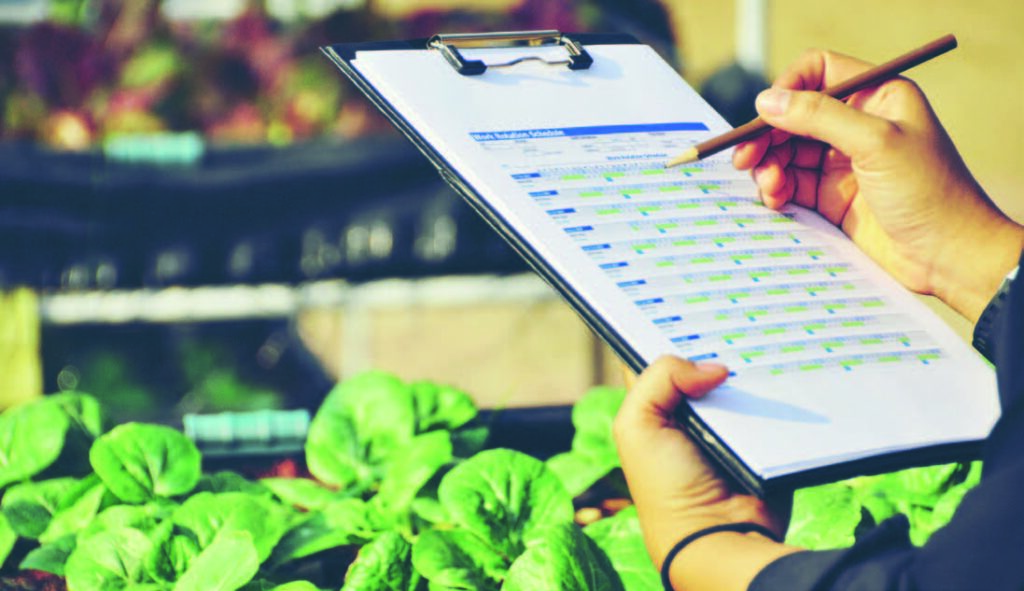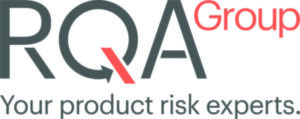FSMA 7 Major Rules Series
Foreign Supplier Verification Programs
As we continue to look through the seven Major Rules under the Food Safety Modernization Act (FSMA), this article takes a deeper dive into the Foreign Supplier Verification Program (FSVP) Rule. Again, this is one in a series of controls which aims to drive the industry from a reactive to a more proactive stance on control of food safety and, in this case, protect against imports of products and materials which could impact upon this.
Under FSMA, the FSVP rule requires importers (or their agents) of food for humans and animals to verify that their foreign suppliers meet U.S. food safety standards, making sure that the food they import is safe for consumption.
Foreign Supplier Verification Programs (FSVP) Rule
This rule is aimed at preventing food safety risks associated with imported foods and ensuring that foreign suppliers follow the same food safety regulations as US domestic suppliers (e.g. HARPC and Standards for Produce Safety, talked about in our previous factsheet – View factsheet ). It is also written to ensure food is not adulterated and is therefore linked firmly to food defense systems as well as ensuring food is not unsafely misbranded (concerning allergen labelling regulations).
Naturally, the import community will be most impacted by this rule as they are required to develop, maintain, and follow an FSVP for each food imported, unless an exemption applies. The definition of importer for this rule is US owner or consignee, i.e. the entity that owns the food, has purchased it, or has agreed in writing to purchase it at the time of US entry. If there is no US owner or consignee at time of entry, the FSVP importer is the US agent or representative of the foreign owner/consignee, as confirmed in a signed statement of consent. The key is that there must be a FSVP importer in the US who takes responsibility for meeting the requirements. Importers are most likely deemed in compliance with most of FSVP if they comply with the ‘preventative controls (PC)’ rule and its associates or exemptions discussed in our previous article.
The final FSVP rule went into effect on January 26, 2016 and by March 19, 2018 the majority of imported food shipments became subject to full compliance with these requirements. There were several other phased introductions of the rule and finally by July 2020 most importers or agents were required to be in compliance, apart from those with a qualified exemption.
Exemptions from FSVP include:
• Businesses subject to juice or seafood HACCP regulations
• Food intended for research or evaluation
• Food imported for personal consumption
• Alcoholic beverages or ingredients to be used in alcoholic beverage manufacture
• Food transiting through the US only
• Food imported for processing and subsequent export
• US food returned
• Meat, poultry and egg products which are subject to USDA regulation at time of import

Key requirements of FSVP:
Qualified Individuals:
Importers must designate a “qualified individual” to perform FSVP activities. This individual must have the necessary training and experience to conduct hazard analyses and supplier verifications effectively in the languages involved.
Hazard Analysis:
Importers must conduct a hazard analysis of the food they import, identifying known or reasonably foreseeable hazards that may be present. This includes biological, chemical, and physical hazards which could be naturally occurring, unintentionally introduced, or intentionally introduced for economic gain. Note here, another party’s hazard analysis may be applied if in place and accessed as valid and sufficient.
Foods where an unmanaged hazard could result in the potential for SAHCODHA (Serious Adverse Health Consequences or Death to Humans or Animals) hazards should be subject to a default minimum annual onsite audit.

Supplier Verification:
Importers are responsible for verifying that their foreign suppliers have adequate preventive controls in place to address the identified hazards. This may include verifying the supplier’s food safety practices, processes, and procedures and there must be an appropriate supplier verification and approval process in place. Such processes should consider as a minimum the food risk itself, risks from entities controlling the risks or monitoring the risks and practical characterisation of the supplier through their compliance and safety history amongst other tools.
Procedures should be in place to ensure that food is obtained from approved suppliers, however, temporary supply under duress may be activated with additional food verification checks in place where deemed absolutely necessary.
Reliance on third or second party audits can be accepted but this must be appropriately checked, e.g. individual farm audits conducted by a produce distributor or government official, and conducted by qualified auditors.
Record Keeping:
Importers must keep records of their FSVP activities, including hazard analyses, supplier verifications, and any corrective actions taken. Documents from verification activities (at defined frequency) based on the supplier evaluation activities should be maintained such as onsite or remote audits, sampling and testing schedules and records.
Corrective Actions:
Importers are required to take appropriate corrective actions when a hazard is identified, including taking steps to prevent the food from entering the United States until the hazard is adequately controlled.
Re-evaluation:
Importers must re-evaluate their FSVP periodically, at least every three years, or when there are changes that may affect the safety of the food or the supplier’s performance.
Identify the Importer:
When filing for entry through US Customs and Border Protection the FSVP importer’s name, electronic mailing address, and unique facility identifier (UFI) recognized as acceptable to FDA must be used. The FDA has recognized the existing Data Universal Numbering System (DUNS) number as an acceptable UFI for FSVP.
Summary
Controlling food safety within a country’s system relies on strong collaboration with global partners and therefore protection at borders is key. All FSMA rules aim to improve the safety of the US food supply proactively as opposed to reactively and it is clear to see that this FVSP rule aimed to protect the food system in the US from risks due to imports.
Most established GFSI based sites across the UK, EU and RoW should easily and readily comply with the FSVP requirements through their food risk, defence and supplier evaluation programs.
RQA can assist with:
RQA can deliver approved FSVP training as well as other FSMA related training courses e.g. FSVP for Human and Animal Food as well as Intentional Adulteration and Conducting Vulnerability Assessments training.


